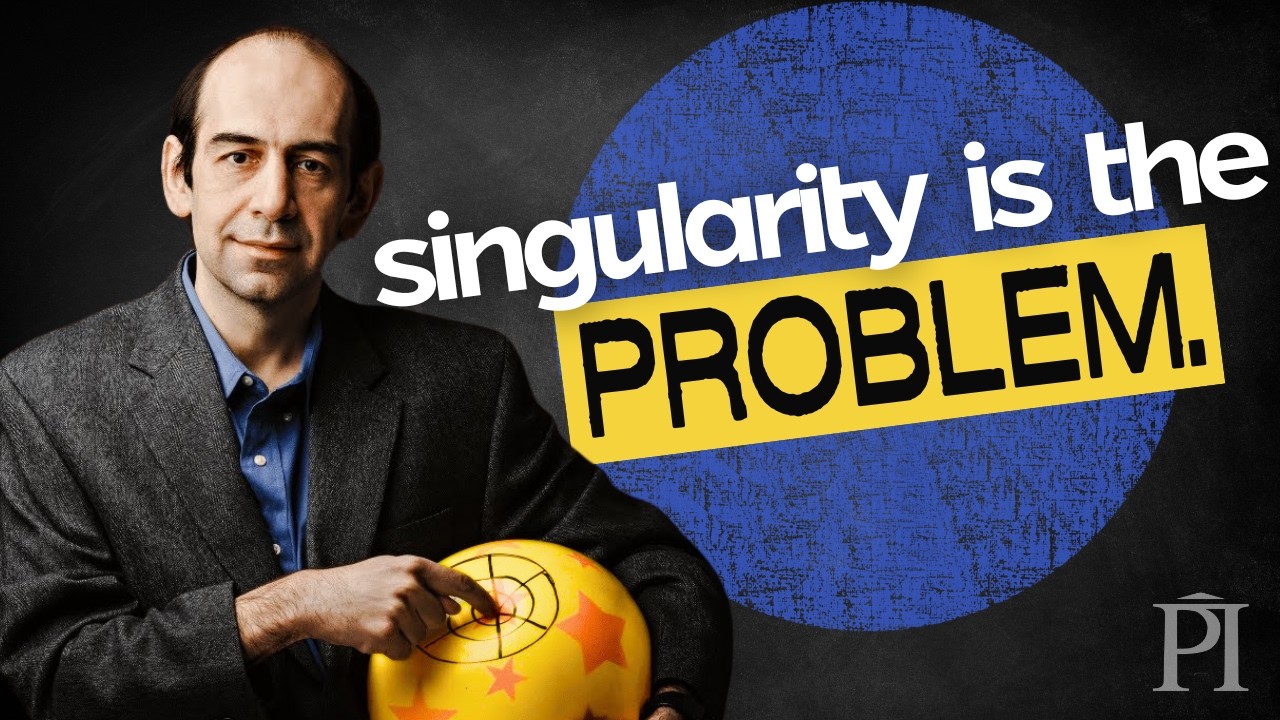The video explores the ongoing scientific debates and evolving theories about the origins of the universe, from the Big Bang and inflation to efforts to unify quantum mechanics and gravity, highlighting both historical developments and current challenges. It emphasizes the importance of empirical evidence, interdisciplinary perspectives, and collective human curiosity in advancing our understanding of the cosmos.
The speaker begins by reflecting on the nature of memory and the human tendency to ponder the oldest things we can remember, setting the stage for a discussion about the universe’s origins. They introduce the concept of scientific battles surrounding the Big Bang, highlighting their personal experiences with collaborations, interviews, and the publication of a book that explores various models of the early universe. The speaker emphasizes the importance of understanding the ongoing research and debates within cosmology, illustrating how different scientists and theories have shaped our current understanding of the universe’s beginnings.
The presentation then delves into the historical development of Big Bang theory, starting with Edwin Hubble’s discovery of the universe’s expansion in the 1920s. The speaker explains how this led to two main camps: those supporting the idea of a universe originating from a single primordial atom (the Big Bang) and others advocating for a steady-state universe that expands forever without a beginning. The discovery of the cosmic microwave background radiation in 1965 provided strong evidence for the Big Bang, but also sparked debates and controversies, including issues of scientific recognition and alternative models like the steady state. These debates exemplify the ongoing “battle” within cosmology to interpret observational data and theoretical assumptions.
Next, the speaker discusses the concept of inflation, a theory proposed to address the limitations of the Big Bang model, such as the horizon problem and the uniformity of the cosmic microwave background. Inflation suggests a rapid exponential expansion of the universe in its earliest moments, which can explain the observed large-scale structure and patterns. However, inflation itself faces criticism because it is difficult to test directly, leading to debates about whether it qualifies as a scientific theory. The “inflationary wars” highlight the tension between theoretical elegance and empirical validation, with some scientists questioning its predictive power and others defending its role in modern cosmology.
The talk then explores the ongoing efforts to unify quantum mechanics and gravity, focusing on theories like string theory and loop quantum gravity. The speaker describes the challenges of developing a quantum theory of gravity, illustrating this with the analogy of different microscopes requiring conflicting conditions. Various approaches, including string theory, loop quantum gravity, and other models, are actively debated within the scientific community. These “battles” involve disagreements over the nature of singularities, the structure of spacetime, and the possibility of phenomena like time machines. Despite the intense debates, the speaker emphasizes that these efforts are driven by the desire to resolve fundamental questions about the universe’s origin and structure.
In conclusion, the speaker emphasizes that the future of cosmology depends on empirical evidence and scientific inquiry, with upcoming experiments and observations poised to shed light on many unresolved questions. They highlight the importance of embracing both scientific and humanistic perspectives, recognizing that science is intertwined with art, religion, and philosophy. The ultimate goal is to overcome ignorance and deepen our understanding of the cosmos, acknowledging that our pursuit of knowledge is a collective human endeavor. The speaker ends with an optimistic note, asserting that the universe will continue to teach us, and our scientific method remains our best tool for survival and discovery in an ever-changing world.
